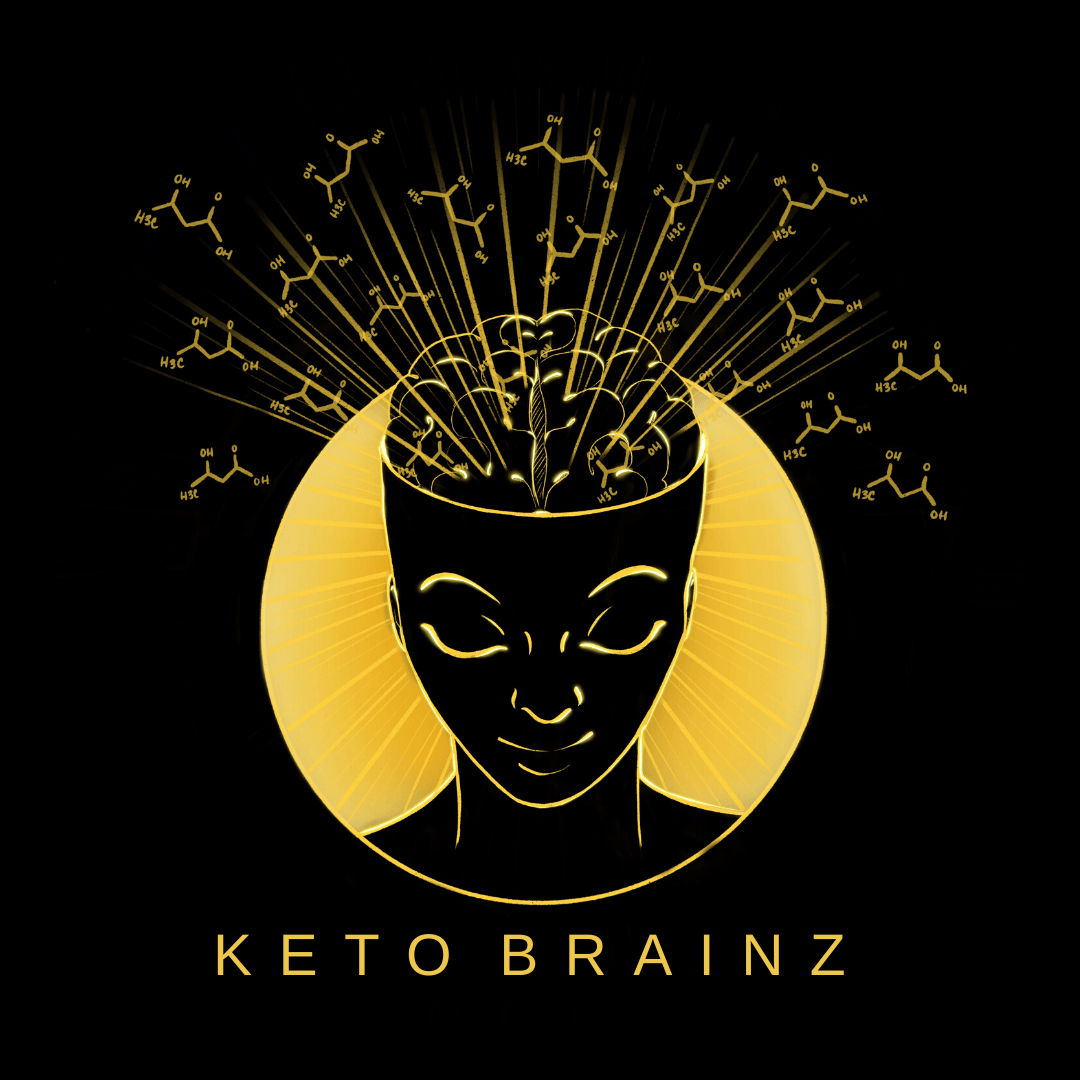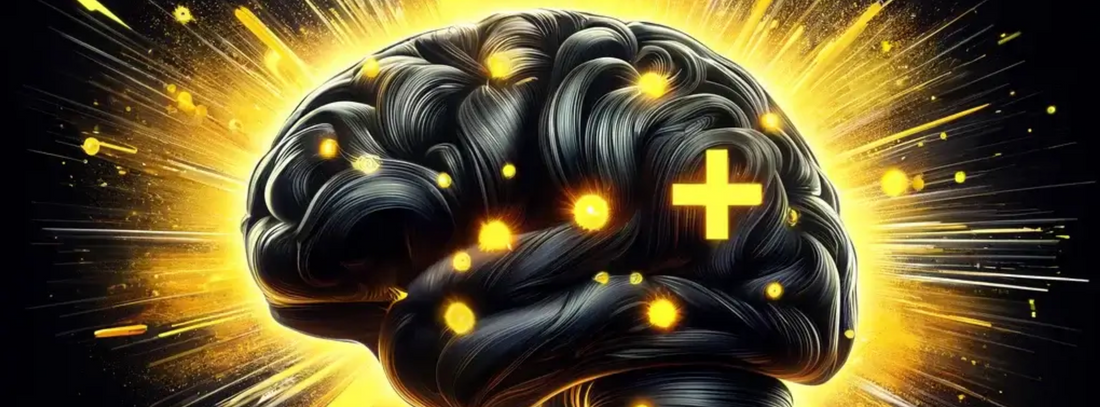Ah man, ADHD, so prevalent, so trendy, but it is something that truly affects many of us in this current day and age. While I am sure that it is and has been on the rise for quite some time due to external factors such as our food quality, our environment, our habits with technology, etcetera, I do think that is a type of cognition that has been around throughout humanities existence. That being said, I am no psychiatrist, so I could be wrong, but these traits, deemed by society as a “disorder” are actually beneficial in a variety of contexts.
As someone who was diagnosed as being hyperactive and inattentive from a young age, sure a lot of things were difficult like homework, paying attention to class subjects that I wasn’t interested in, and sitting in silence, you could not break my concentration towards the things I wanted to do. If you told me to sit and focus on…I don’t know...learning about proper grammar, man I couldn’t focus, but good luck taking me away from my Legos, drawing, or playing outside. While ADHD may seem like a disorder or curse to some, I choose to see if as a type of advantage in certain contexts.
ADHD to me, is not attention deficit disorder, but rather, “I am not currently interested in what you want me to do” disorder. That being said, there are some tricks to hone these traits, some of which are lifestyle changes like diet and meditation, but nootropics can also be leveraged in alleviating a need to use pharmaceutically prescribed amphetamines. Here, we will go into some nootropics that could be beneficial to individuals that have ADD or ADHD.
What Is Attention Deficit Hyperactivity Disorder (ADHD)?

ADHD is attention deficit hyperactivity disorder. Individuals with this type of cognition have difficulty focusing, and or are hyperactive and impulsive. Inattentiveness difficulty sustaining focus, organizing tasks, and following through on instructions. Hyperactivity is characterized by excessive moving or fidgeting, and difficulty remaining still for “appropriate” periods. Impulsivity involves making hasty actions without considering the potential consequences of those actions. If you take that as the complete make up of what ADHD is, then yeah, you would probably write is off as some type of disorder. But what are the positive sides of ADHD?
Creativity and Innovation:
Individuals with ADHD tend to be hypercreative and innovative. This hypercreativity and innovative prowess allow for these individuals to come up with innovative solutions to problems rapidly, and there will always be problems to solve. Sure, not every solution will be the best, but having a large box of potential solutions to pull from is never a bad thing.
Hyperfocus:
The popular one. People with ADHD do tend to struggle with focus…when they’re not interested in a topic. However, when they are interested and or motivated to do something, hyperfocus kicks in allowing them to sit down with unwavering focus to meet their goal.
Resilience:

While not understanding how to manage ADHD is certainly challenging, learning how to deal with these challenges can foster robust resilience and adaptability. When they want to do something, they will figure it out, even after numerous failures. Fostering this “grit,” which seems to be inevitable when there is interest towards something, creates a resilience to the perception of failure. There is always a way to figure something out, so long as there is time.
Energy and Enthusiasm:
This is something that…plagues me. I have always been that goofy bubbly individual, especially when I am excited about something. Individuals with ADHD tend to have a real enthusiasm for life and bring this to their activities. This enthusiasm (or alacrity 😉) is most certainly INFECTIOUS, so if you’re looking for a spark of motivation and enthusiasm, its best to have one of these people around.
Spontaneity:
While this isn’t always the best thing, it certainly does make like more interesting. Individuals with ADHD tend to explore a LARGE variety of things. Whether that be subjects, ideas, locations, hobbies, there is always something new to check out. This trait feeds their ability to strengthen resilience, innovation, and problem solving.
Empathy and intuition:
Had to insert a bit of “woo woo” in here. Individuals seem to have a heightened sense of both these traits, empathy and intuition, probably because they have so many things bouncing around their heads at once. “Are they…” “do they feel…” “Is this…” “Could that be…” are some of the things constantly bouncing around in my head personally at any given time. And while this can be quite annoying, being able to get super meta about interactions can once again feed adaptability, and resilience.
Another Way To Look At ADHD: The Hunter Type

Several years back while I was exploring how to use my ADHD traits, I came across a book by Thom Hartmann called, “Attention Deficit Disorder: A Different Perception.” This book suggests that certain traits associated with ADHD, like high energy levels, impulsivity, and distractibility, can be viewed as adaptive qualities in certain environments, specifically evolved from pre-agricultural hunter-gatherer societies. Hartmann’s theory proposes that individuals with ADHD would have been effective as hunters in hunter-gatherer societies, as quick responsiveness to their environment, constant alertness, and the ability to act quickly without prolonged deliberation were crucial to survival.
In contrast, Hartmann suggests that modern society, which often requires prolonged focus and a greater capacity for delayed gratification is better suited for individuals with a “farmer” type of brain, which do not have ADHD traits. Hartmann’s theory attempts to reframe some of the challenges individuals with ADHD have in this day and age by considering them as mismatches between the current environment and innate traits, rather than the presumed deficiencies.
Nootropics For ADHD:

There are a variety of ways to mitigate the stresses of ADHD, which include dietary protocols, supplementation, and prescription medication. All of these can be effective. When it comes to prescription medication, it surely does seem to work, but the effects may not be for everyone. I have tried Adderall, and while yeah it helped me focus, it also absolutely nuked my appetite, made me feel robotic, and I felt addictive tendencies developing while using it. If this is something that works for you however, I am not here to shame you, but there are alternatives that are generally considered safer, especially in the long term.
Now, let’s say you have ADD or ADHD, and don’t want to take pharmaceuticals. Below is a list of nootropics commonly taken for individuals with ADHD:
Alpha GPC (L-Alpha glycerylphosphorylcholine):
What it does: Alpha GPC is a choline compound that is thought to enhance cognitive function and brain health. It may help increase the production of acetylcholine, a neurotransmitter important for memory and learning. It's considered potentially beneficial for improving attention and mental focus.
L-Theanine:
What it does: Found primarily in green tea, L-theanine is an amino acid that can promote relaxation without causing drowsiness. It may help to improve focus, reduce stress, and balance mood, making it useful for managing symptoms of anxiety often associated with ADHD.
Tyrosine:
What it does: Tyrosine is an amino acid precursor to neurotransmitters such as dopamine, epinephrine, and norepinephrine. By potentially boosting these neurotransmitters, tyrosine may help improve attention, alertness, and executive functions in individuals with ADHD.
CDP-Choline (Citicoline):
What it does: Citicoline is another choline donor that may enhance the production of neurotransmitters related to mood and cognitive function. It is used for memory enhancement and cognitive vitality, potentially supporting neural communication which is crucial for focus and attention.
Bacopa Monnieri:
What it does: An herb traditionally used in Ayurvedic medicine, Bacopa Monnieri may improve cognition by reducing anxiety and improving memory formation. This herb might be beneficial in the long-term management of ADHD symptoms, particularly inattentiveness and memory issues.
Rhodiola Rosea:
What it does: This adaptogenic herb can help manage stress, reduce fatigue, and improve concentration. For people with ADHD, Rhodiola Rosea might offer benefits in terms of enhancing mood and alleviating the fatigue associated with sustained cognitive efforts.
Ginkgo Biloba:
What it does: Ginkgo is known for its ability to improve blood flow to the brain and act as an antioxidant. These effects might help enhance cognitive functions such as focus, memory, and processing speed, although evidence in the context of ADHD is mixed.
Panax Ginseng:
What it does: Often used in traditional Chinese medicine, Panax Ginseng might improve cognitive performance and reduce mental fatigue. Studies suggest it might help improve elements of cognitive function, attention, and mood.
My favorites for the past decade are absolutely L-theanine and Alpha GPC, especially with coffee. You get a caffeine boost from the coffee which is always nice, but the L-theanine and Alpha GPC takes the edge off the rush of coffee, making the energy much more sustainable. Sometimes I’ll add in a little tyrosine when I am feeling like I need a little boost in motivation too. Thankfully as you are probably aware, Ketobrainz has both L-theanine and Alpha GPC and goes great with coffee!
In wrapping up this exploration of ADHD and nootropic stacks, it's clear that while ADHD presents unique challenges, it also offers unique strengths that can be leveraged in various contexts. The nootropic supplements discussed, including Alpha GPC, L-Theanine, Tyrosine, and CDP-Choline, provide promising alternatives for those seeking to enhance cognitive functions without resorting to traditional pharmaceuticals. Each of these nootropics offers distinct benefits that can help address specific symptoms of ADHD, from improving focus and memory to reducing anxiety and enhancing mood. By combining these supplements with lifestyle adjustments, individuals with ADHD can find effective ways to manage their symptoms and harness their innate abilities.
Meet the Author:
David Battisti, MScN

I am a multi-sport athlete with a fascination with nutritional sciences. I was diagnosed with severe chronic asthma at the age of 5, and over the years discovered how diet could be used to alleviate my symptoms. While I am pretty diet agnostic, I have found ways that work for me, and love to help people discover ways they can do the same! I also own a small business called Alacrity Nutrition, which seeks to help people discover what gets them excited about health. Check out my website at: Alacritynutrition.com


